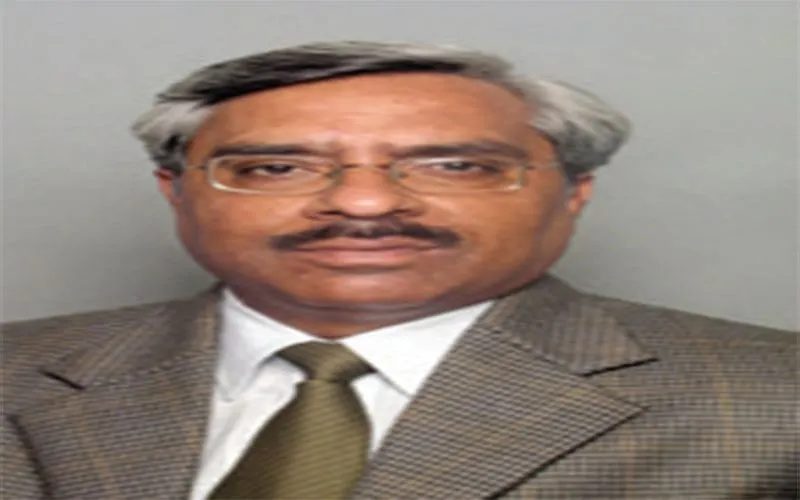Considering the expansive reach of colonial system from South America to South-East Asia, and everywhere in between, decolonisation had become inevitable post World War 2nd. The colonisers were unable to cope up with the destruction. Like a snake sheds its skin, humans are capable of getting rid of assembled habits, creating space to call matters into question. Freedoms were thus granted willingly and hurriedly in a queue. The Britishers did it in favour of India in 1947 well before the drafted plan of 1948. India soon focussed on becoming one nation from N number of princely states. In the global interface, it resorted to Non-Aligned Movement (NAM) and non-violence, much like a student who switches off to every other thing to prepare for a hardcore competitive examination. So did India avoid distractions and deviations to come a long way in evolving as a nation.
It adopted the policy of liberalisation, privatisation and globalisation popularly known as LPG, to evolve as a progressive economy. With the passing of time, the world order has been such that the boundaries between nations have reduced to a subject of geography more than polity and history. From heavily structured federal nations defined by lofty ideals and institutions, the world has essentially reduced to a global village; small, smart and well connected. Faith and belief system are more personal than ceremonial and more optional than obligatory. So have been the kinships and lineages rendered irrelevant.
The world communities wanna do business and grow economy. Our pursuits have become more practical than imaginary, more mature than mad, more trans-national than territorial and more purposeful than perverted. We are interested in trade and tariff than war and strife. Bitcoins are more sought after than bullets. At an individual level, people are earning to enjoy. Life is celebrated as far as possible. Pizza is a global meal; jeans are worn all across and the thirst is quenched by Coca-Cola throughout the length and breadth of globe. We pursue same careers in multi-national companies and commit similar crimes all across the world. We are more obese and less hungry. We do more accidents than violence. We see every scene on screen and catch everything with a click. The humanity has an extremely uniform colour by now as never before. There has been a great impetus from digital revolution in making us homogeneous quite sooner than expected. Life is highly mechanised though it lacks nature and spirit. If this homogeneity is infused with the spirit of universal brotherhood, it shall be a dream come true.
This dream was envisioned by many nobles including R N Tagore who wanted us to make a leap from Bharati to visva-Bharati. To Tagore “there is only one history—the history of man. All national histories are merely chapters.” He saw Nationalism as the brainchild of west where it got powerfully manifested during American and French revolutions. Subsequently, it lost ground to more appealing doctrines like socialism and communism. Tagore was against the idea of assertive nationalism that could be blunt to humanity. He wrote, “The history has come to a stage when the moral man, the complete man, is more and more giving way, almost without knowing it, to make room for the political and the commercial man, the man of the limited purpose.” He believed that an individual must free himself from the bondage of self, community, ethnocentric attitude and must widen his world overview. Something that encompasses all valued doctrines is the Universal brotherhood.
It is a movement that has superseded all. It has also a spiritual base and a divine dimension which make it the most convincing. The highest duty of man is towards mankind and as humanity shares common ancestry, nothing is more desirable than creating a culturally diverse, politically decentralised and functionally integrated global realm based on a system of social justice. Sectarian and regional agendas have become outdated and old fashioned. These have lost all sheen, charm and appeal. Co-operation is more sensible than conflict. And the best way to implement such co-operation is by easing the flow of flux of goods, ideas and people across the globe. We are in dire need of fostering such kind of social psychology that can help us in realising the dream of R N Tagore viz; the communion of the world with India. There have been golden ages in human history when such communions have been a reality. A synthetic universal order has been achieved more than once in human history. For instance, Ibn Batuta travelled from one end of the Islamic realm of Spain to China, communicated in one language and could even be accepted as a judge in the distant Maldives. Nationalism on the other can be seen as a political offspring of Romanticism which is a part of nineteenth century European reaction to the universalising and anti-authoritarian tendencies of the earlier Enlightenment. According to Noah Harari, a prominent professor of history at Hebrew University of Jerusalem, we will have to choose between uniting humanity and nationalisms. He further goes on to say that the global liberal order has many faults and problems, but it has proved superior to all alternatives. However, the bigger question that arises is, what shall be the driving force to inculcate the sense of oneness in the 8 billion human minds living on earth. The unity of mankind is the corollary of the doctrine of Unity of God. HE is the source and the sink.
Dr. Qudsia Gani, Assistant Professor, Dept. of Physics, Govt. College for Women, Srinagar
Disclaimer: The views and opinions expressed in this article are the personal opinions of the author. The facts, analysis, assumptions and perspective appearing in the GK.






